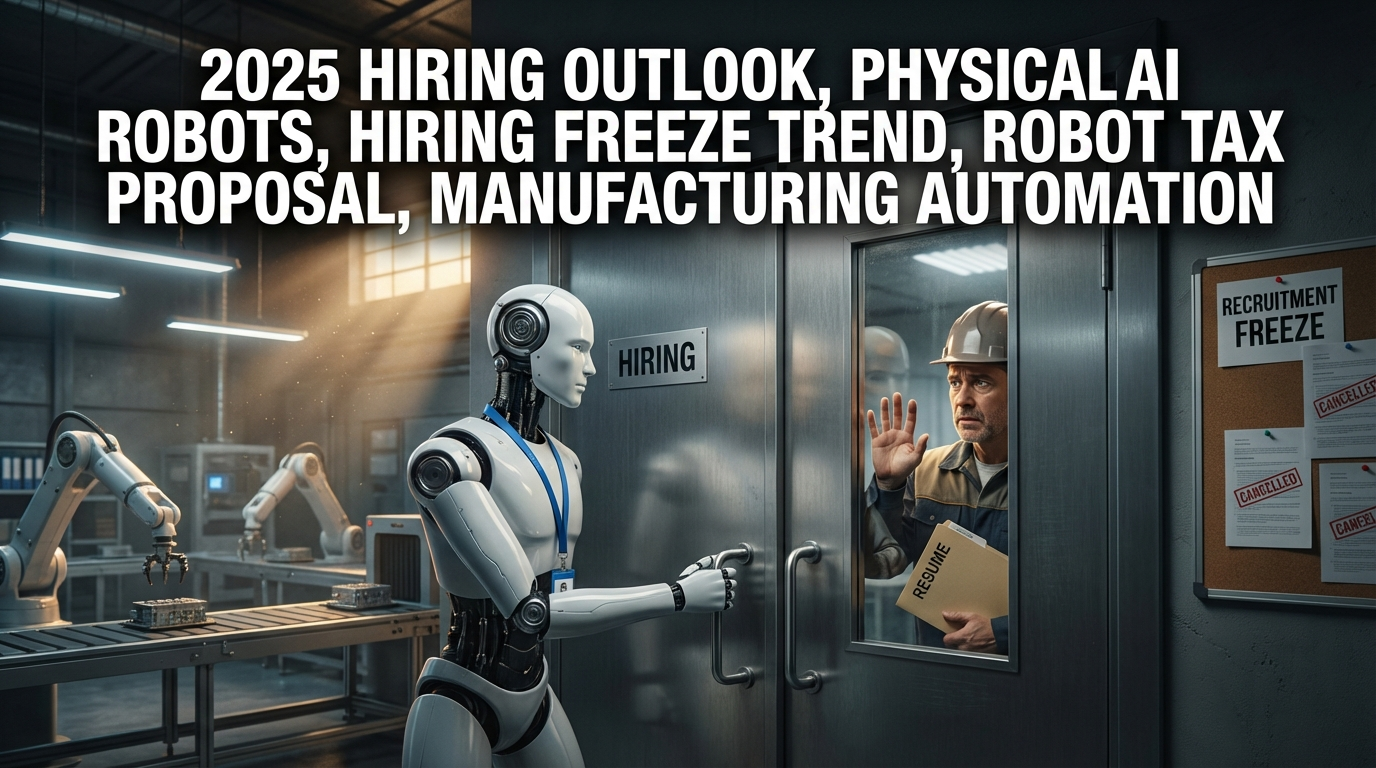Julian Assange and the History and Impact of WikiLeaks
Julian Assange's Release and the Current State of WikiLeaks
- In 2024, WikiLeaks founder Julian Assange was released after years of imprisonment.
- He had been living in asylum at the Ecuadorian Embassy in the UK for 7 years before being imprisoned in Belmarsh Prison.
- He was released through negotiations with the Biden administration.
Achievements and Impact of WikiLeaks
- WikiLeaks is considered one of the most important whistleblower websites of the 21st century, contributing to increased political transparency by publishing numerous secret information.
- This information allowed citizens to understand the secret powers of the military, diplomacy, and corporations, and even revealed how these organizations operate.
Major Whistleblowing Cases
- Chelsea Manning: A whistleblower who exposed classified U.S. military documents, including reports related to the wars in Afghanistan and Iraq, diplomatic cables, and documents related to Guantanamo detainees.
- Edward Snowden: Exposed the NSA's (National Security Agency) mass surveillance programs.
Public Information and Social Change by WikiLeaks
- "Collateral Murder" Video (2010): A video showing a U.S. military helicopter attacking civilians and journalists in Baghdad.
- This video sparked widespread outrage by exposing how the U.S. military justified the killing of civilians during war.
- U.S. Diplomatic Cables Leak: Leaked over 250,000 U.S. Department of State diplomatic cables, causing repercussions in diplomatic relations between countries.
- Guantanamo Detainee Reports and U.S. Military War Logs: Exposed human rights abuses and casualty statistics committed by the U.S. military during the wars in Afghanistan and Iraq.
Changes in the Whistleblowing Culture After WikiLeaks
- After WikiLeaks, similar whistleblower sites and Open-Source Intelligence (OSINT) channels have increased.
- Information leakage methods have also changed, with encryption technology, PGP, dark web, and enhanced messenger anonymity being utilized.
- However, the frequency of large-scale exposure events has decreased, and some Big Tech companies and governments have strengthened technical measures to suppress leaks.
The Role of Artificial Intelligence (AI) and the Future of Whistleblowing
- AI has the potential to be used to suppress whistleblowing or evolve it into new types.
- CCTV, data analysis, and deep learning AI can be used to identify whistleblowers, increasing the risk.
- On the other hand, AI can contribute to uncovering hidden truths through the analysis of large amounts of data.
Whistleblowing and Legal Responses
- There is a growing trend for the United States and Western countries to strengthen penalties for whistleblowers.
- There is an increasing number of cases where whistleblowers, including Julian Assange, are not legally protected or are imprisoned.
- Discussions continue on the need for new protective legislation to support whistleblowing.
WikiLeaks' Philosophy and Democracy
- Assange explained the concept of "Secret Power," pointing out the structural problems that allow the government's concealed power to avoid the democratic scrutiny of the people.
- WikiLeaks focuses not only on exposing information but also on helping citizens understand the reality of political and military operations.
Whistleblowing and the Role of the Media in the Digital Age
- In the past, whistleblowers had to copy and deliver paper documents, but now they can safely leak large amounts of data using USB, cloud storage, and internet encryption technology.
- News organizations need to further emphasize their role in analyzing and reporting on this information, and it is important for readers to recognize the value of whistleblowing.
- In 2024, Julian Assange was released through negotiations with the Biden administration.
- WikiLeaks has played a role in increasing transparency by disclosing the secret powers of the military, diplomacy, and corporations.
- Whistleblowers such as Chelsea Manning and Edward Snowden have cooperated with WikiLeaks to leak important information.
- Whistleblowing is becoming more difficult due to advances in AI and surveillance technology.
- WikiLeaks emphasizes the importance of democracy and information disclosure, while the need for protective laws for whistleblowers is raised.
[More…]
1. WikiLeaks and Whistleblowing: Incidents That Changed the Landscape of Modern Politics
👉 https://nextgeninsight.net/?s=%EC%9C%84%ED%82%A4%EB%A6%AC%ED%81%AC%EC%8A%A4
2. Whistleblowing and AI Surveillance: How Will Future Information Leaks Change?
👉 https://nextgeninsight.net/?s=%EB%82%B4%EB%B6%80%EA%B3%A0%EB%B0%9C
*YouTube Source: [Novara Media]
– Here’s Why We Need a New Wikileaks w/ Stefania Maurizi | NovaraFM

Climate Change and the Role of Indigenous Peoples, and Global Issues
1. Traditional Knowledge of Indigenous Peoples and Response to Climate Change
1.1 Indigenous Peoples Should Be Seen as Key to Problem Solving
- Indigenous peoples possess long-standing traditional knowledge, and this knowledge, passed down through generations, is an important skill for surviving natural disasters such as floods, droughts, and hurricanes.
- Traditional techniques of indigenous peoples that harmonize with nature are essential for responding to climate change today.
2. Ecosystem Destruction and Crisis of Indigenous Societies
2.1 Biodiversity and Cultural Loss
- The biggest problems faced by indigenous communities are biodiversity loss and cultural loss.
- The deprivation of land rights is having a serious impact on ecosystems and traditional lifestyles.
2.2 Environmental Problems: The Great Drought in the Amazon and Loss of Aquatic Ecosystems
- The Amazon region is experiencing the longest drought in its history.
- Many aquatic organisms are affected, causing problems for the food self-sufficiency of indigenous peoples.
- Natural disasters caused by climate change have displaced millions of people, and some have suffered livestock and human losses.
2.3 Extinction of Culture and Language, Land Loss in the Digital Age
- Indigenous peoples are losing their languages and cultures and are increasingly at risk due to the exploitation of traditional resources.
- If indigenous peoples do not have influence in the online space in the digital age, they risk losing not only physical land but also 'digital land'.
3. Global Issues and Hopes of Indigenous Peoples
3.1 Connectivity Between Indigenous Communities
- Hope is being gained from interacting with various indigenous communities and sharing similar problems and solutions.
- Indigenous peoples are deeply connected to nature, and their perspectives can be at the heart of climate solutions.
3.2 The Necessity of Collective Action
- Collective action is essential to create a sustainable future.
- The world must work together to solve the climate crisis and social inequality issues.
4. Balancing Economic and Technological Development
4.1 Global Economic Uncertainty and Emerging Economic Markets
- The U.S. economy is showing stronger than expected performance, while Europe and China face several economic challenges.
- Uncertainties such as international trade policies and investment directions are affecting the global economy.
4.2 Direction for Fiscal Policy
- Governments should maintain growth-friendly fiscal policies.
- It is important to establish standards for the soundness of fiscal spending and to encourage public participation.
4.3 The Role of New Technologies and AI
- Artificial intelligence (AI) can increase productivity, and a global GDP increase of up to 0.8% can be expected.
- Investment in public digital infrastructure is essential, and we must prepare for job changes that may occur due to AI.
5. Children, Girls' Education, and Social Equality
5.1 UNICEF and Global Child Support
- Efforts should be made to ensure that children around the world have equal opportunities through child support activities.
- In particular, girls are suffering from unequal treatment, such as losing educational opportunities and being forced into marriage.
5.2 Global Leadership for Education and Equality
- The right to receive education and health care must be guaranteed to all children.
- Providing girls with equal opportunities can improve not only families and communities but also the world as a whole.
< Summary >
- The traditional knowledge of indigenous peoples is a key element of climate change solutions, and the way they harmonize with nature can be an effective alternative when combined with modern technology.
- Biodiversity loss, cultural loss, and land loss are serious threats to indigenous communities.
- Uncertainty in the global economy is increasing, and new technologies such as AI are supporting economic growth, but careful policies are needed.
- Global support for children and girls' education is an important element in creating a sustainable future.
[More…]
▶ Climate Change and Indigenous Ecological Knowledge → https://nextgeninsight.net/?s=%EA%B8%B0%ED%9B%84
▶ AI Revolution and Direction of Economic Growth → https://nextgeninsight.net/?s=AI
*YouTube Source: [World Economic Forum]
– Shaping Future Buildings & Indigenous Voices for Change | WEF | Top Stories Week



